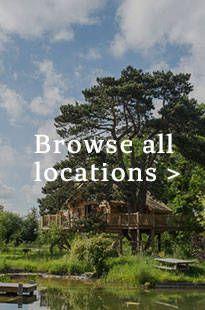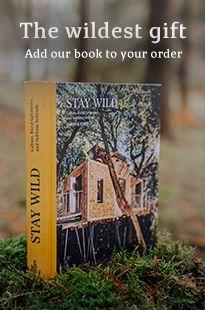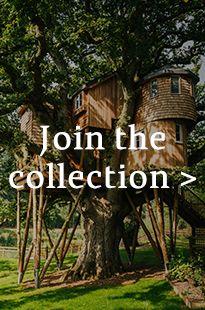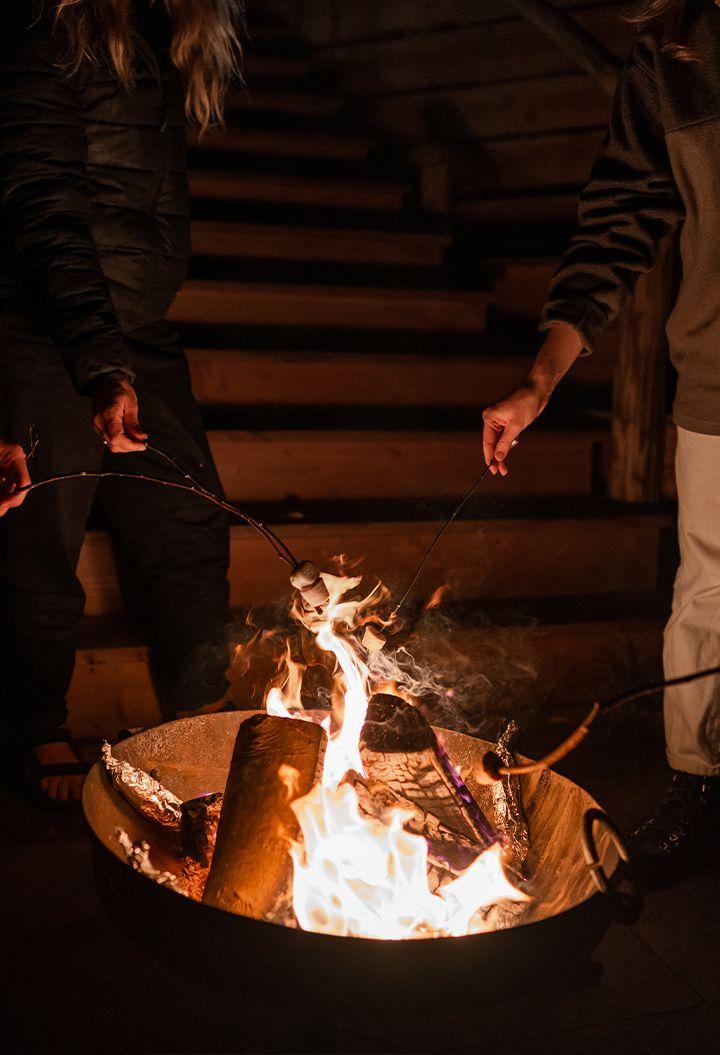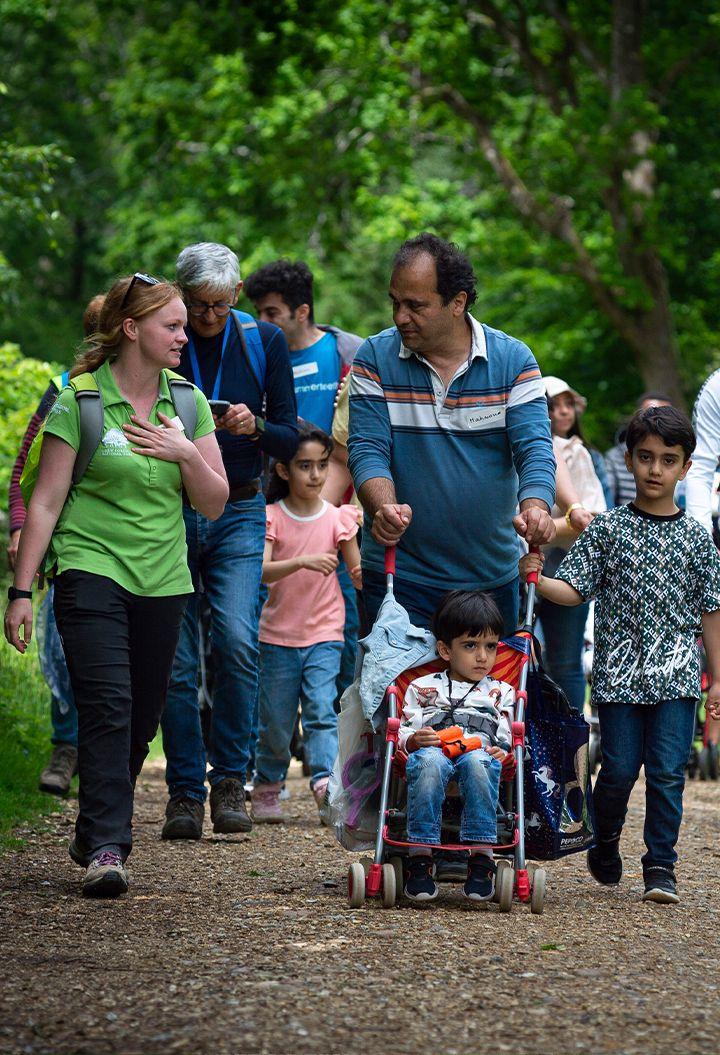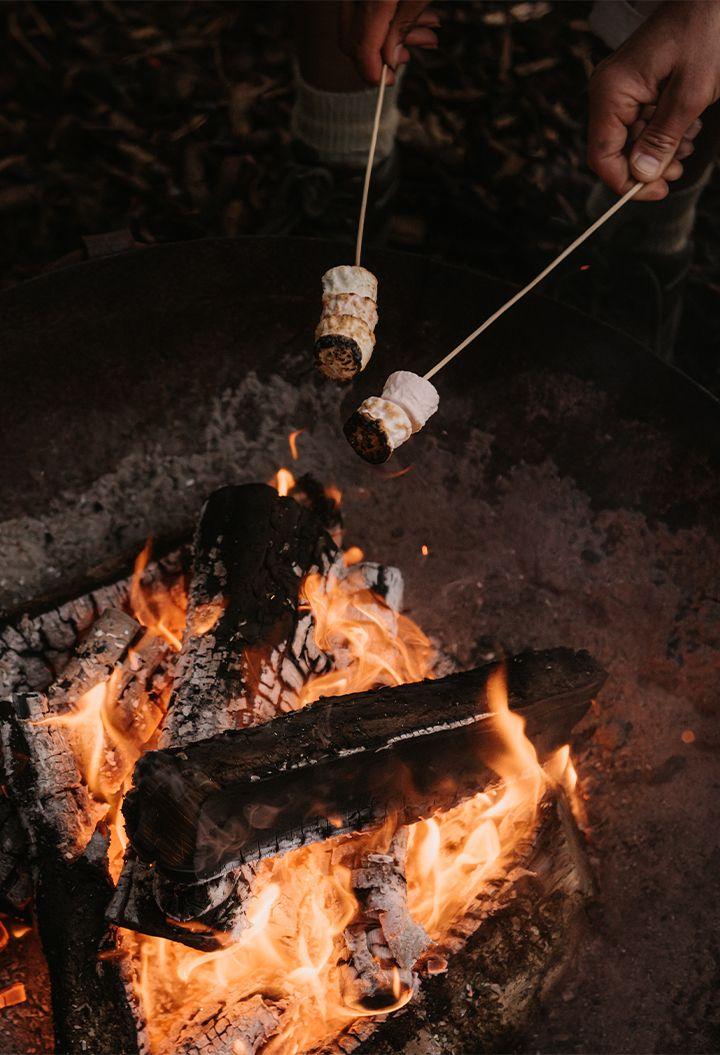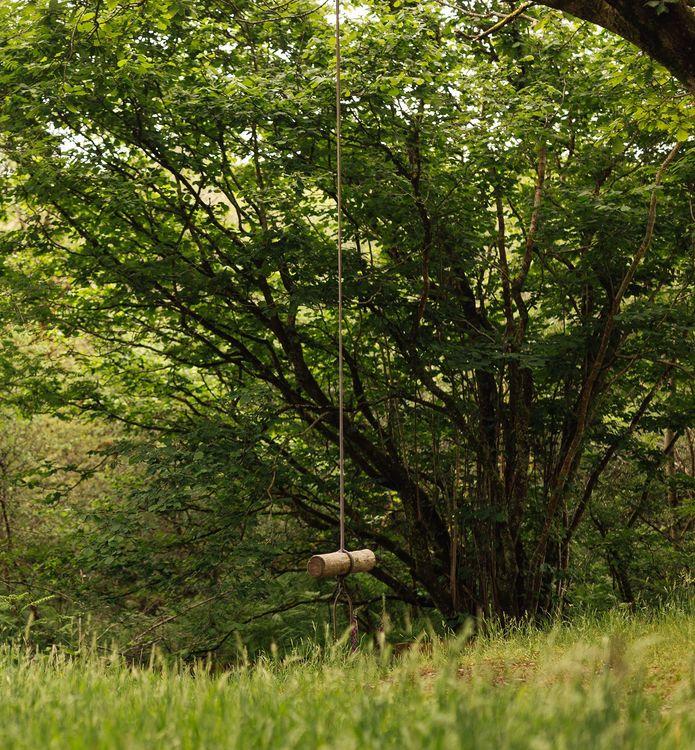
Why we need play: what we can learn from children in the outdoors
Fun is pretty simple when you’re young. If you’ve ever given a large gift to a child, you’ll know that it’s often the box it comes in that seems to inspire more fun than the present. With your imagination, a box is anything you want it to be. A rocket ship, a galleon, a race car, etc. And yet somewhere along the way, our imaginations are dampened, our willingness to spend an afternoon in a cardboard box is curbed, and generally speaking – we just don’t know how to play anymore. All it takes to question that is a casual walk past some kids having the time of their lives, and you might ask yourself, is it time to bring back play?
So, first of all, at the risk of sounding like a best man’s speech – what is play? How do we define it? The founder of the National Institute for Play (yes, it’s real), Dr Stuart Brown, will tell you:
“Play is a state of mind that one has when absorbed in an activity that provides enjoyment and a suspension of sense of time. And play is self-motivated, so you want to do it again and again.”
But there’s no need to panic, because if there was something on which constraints don’t need to be placed, it’s the act of play. It’s fun, simple fun, and whatever that means to you, you definitely need it.
What are the benefits of play?
When it comes to kids, the list is almost endless. Play is a crucial part of development. As with most animals, play mimics the behaviours required for adulthood. Role play can help us imitate complex relationships, work on our esteem and egos, develop EQ, or conflict resolution skills. Playfighting, it turns out, can actually lead to better outcomes in anger management, and in learning altruism. Even simple movement and body play has its benefits in cognitive development, neuroplasticity, coordination and more. In children, play is vital to becoming a well-rounded, well-adjusted adult.
So, what about adults? As we have more ‘fixed’ brains, and are past our largest developmental hurdles, the benefits we can reap are a little more limited – but important none the less. Some studies have noted that play tends to boost our overall wellbeing, and that having a higher ‘playfulness’ score could lead to benefits like higher creativity, a better appreciation for beauty, more enthusiasm towards your life in general, more playful expressions of love, even a better sense of humour.

There’s also plenty of research to demonstrate that it can help to improve resilience to stress, and that play is associated with healthy coping strategies like acceptance and positive reframing. It was also found to be positively correlated with being physically healthier, as it tended to be that people aiming to play, or excited about doing so tended to be more active and thus physically healthy.
How can I get back to being playful?
Before you rush out to buy a Gameboy, some Bratz dolls or a fidget spinner (delete depending on your age) it might help to work out what kind of ‘play personality’ you have. The very same National Institute for Play has identified eight of them, from The Collector to The Kinesthete, with suggestions on what play means for each type. They even have a quiz you can use to discover which fits you best. You might be a Storyteller, who enjoys indulging your imagination, a Competitor, revelling in challenges or an Explorer, setting off to see what you can find. Learning, or perhaps remembering, what you enjoy for its own sake is a vital step. Once you know how you play, you can find ways to engage in it.
Could you possibly suggest a place to play?
While it’s tempting to say that our spaces are the best place to rediscover your playful side, you can find it anywhere. Kinesthetes could dance in their living rooms, Creators could sketch on the sofa. Collectors could even rummage round at home and collect single socks! There is, however, some research that suggests kids are happier when playing outdoors and, to be honest, it makes perfect sense. Even as adults, when we’re outside, especially with nobody around, we feel freer, wilder, more in tune with our instincts and less caught up in social norms. We skim stones, climb trees and get frustrated by our inability to make blades of grass do that squeaking thing between our thumbs.
Wherever you play, just do it
Play is a mental holiday. It’s doing something for the sake of doing it – because we enjoy it, not because it’s productive, or valuable, or even self-improving. We need play for perspective, to tap back into the simplicity of childhood for a second and return to our normal lives a bit fresher for it. It takes the brain down new paths and gives us a little jolt of happiness and freedom. Can you do it a weekend in one of our spaces? Yes, in abundance, but you can also do it on your way to work, hopping between drain covers, jumping over pavement cracks or making shapes out of the clouds as you ride the bus. So, if you can’t find the time to get away from it all, try bringing a little of what you need right into the middle of it.

